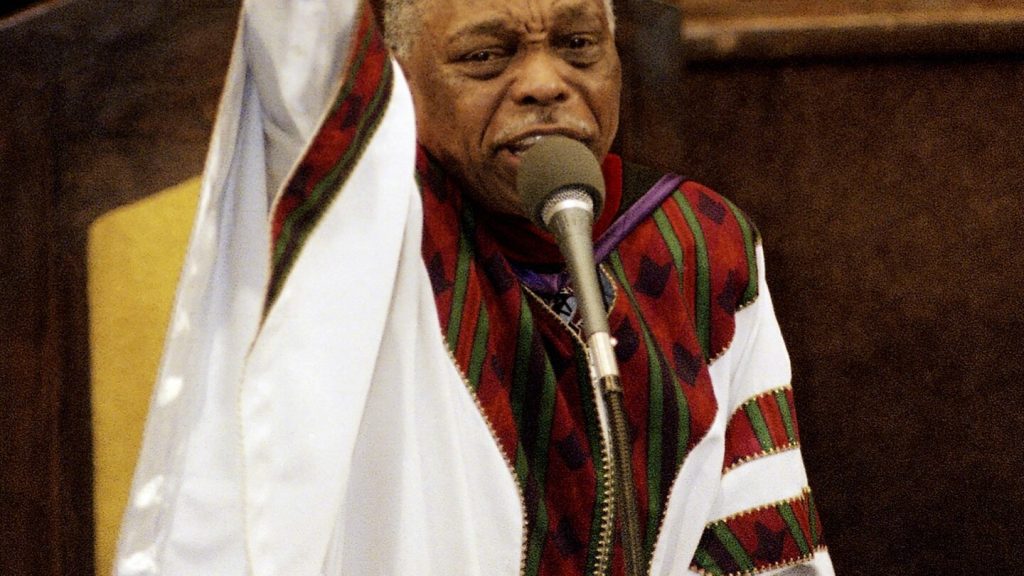Dr. Cecil L. “Chip” Murray, a well-known pastor and civil rights leader in Los Angeles, has passed away at the age of 94. Born in Lakeland, Florida, in 1929, Murray spent 27 years as the pastor of the First African Methodist Episcopal Church of Los Angeles, overseeing its transformation into an 18,000-member mega church. In 1992, following the acquittal of four police officers in the Rodney King case, Murray played a key role in calming the violence that erupted in South Los Angeles. He used his connections with city leaders to raise funds for recovery efforts, including aid for those affected by the violence.
Murray’s influence extended beyond the walls of the church, as he became a prominent figure in the city, hosting visits from politicians such as former presidents George W. Bush and Bill Clinton, as well as former California governors Pete Wilson, Gray Davis, and Arnold Schwarzenegger. Under his leadership, the church implemented various programs aimed at transforming the community, including job training, support for foster children, and developing affordable housing for low-income families. Los Angeles Mayor Karen Bass praised Murray for his dedication to service, community, and faith.
Following his retirement from First AME, Murray joined the faculty at the University of Southern California as the Tansey Professor of Christian Ethics, where he trained numerous faith leaders in the “Murray Method” of church leadership. This method emphasized the importance of community engagement, social justice, and spiritual growth. Murray’s legacy lives on through the impact he made on the city of Los Angeles and the lives of those he touched through his ministry and leadership.
The USC Center for Religion and Civic Culture paid tribute to Murray’s ability to mobilize the city of Los Angeles in addressing issues of race and income inequality, highlighting his unique role in bringing together diverse communities for social change. Murray’s influence was felt not only within the church but also in wider society, where he used his platform to advocate for justice and equality. His approach to leadership, characterized by compassion, wisdom, and collaboration, set him apart as a transformative figure in the city’s history.
Murray’s impact on Los Angeles was profound, as he worked tirelessly to bridge divides and uplift marginalized communities. His legacy as a pastor, advocate, and leader continues to inspire those who strive for social justice and community empowerment. Through his work at First AME and USC, Murray left a lasting impression on the city and its residents, reminding us of the power of faith, service, and solidarity in creating a more just and equitable society. His memory will be cherished by all those whose lives he touched.


